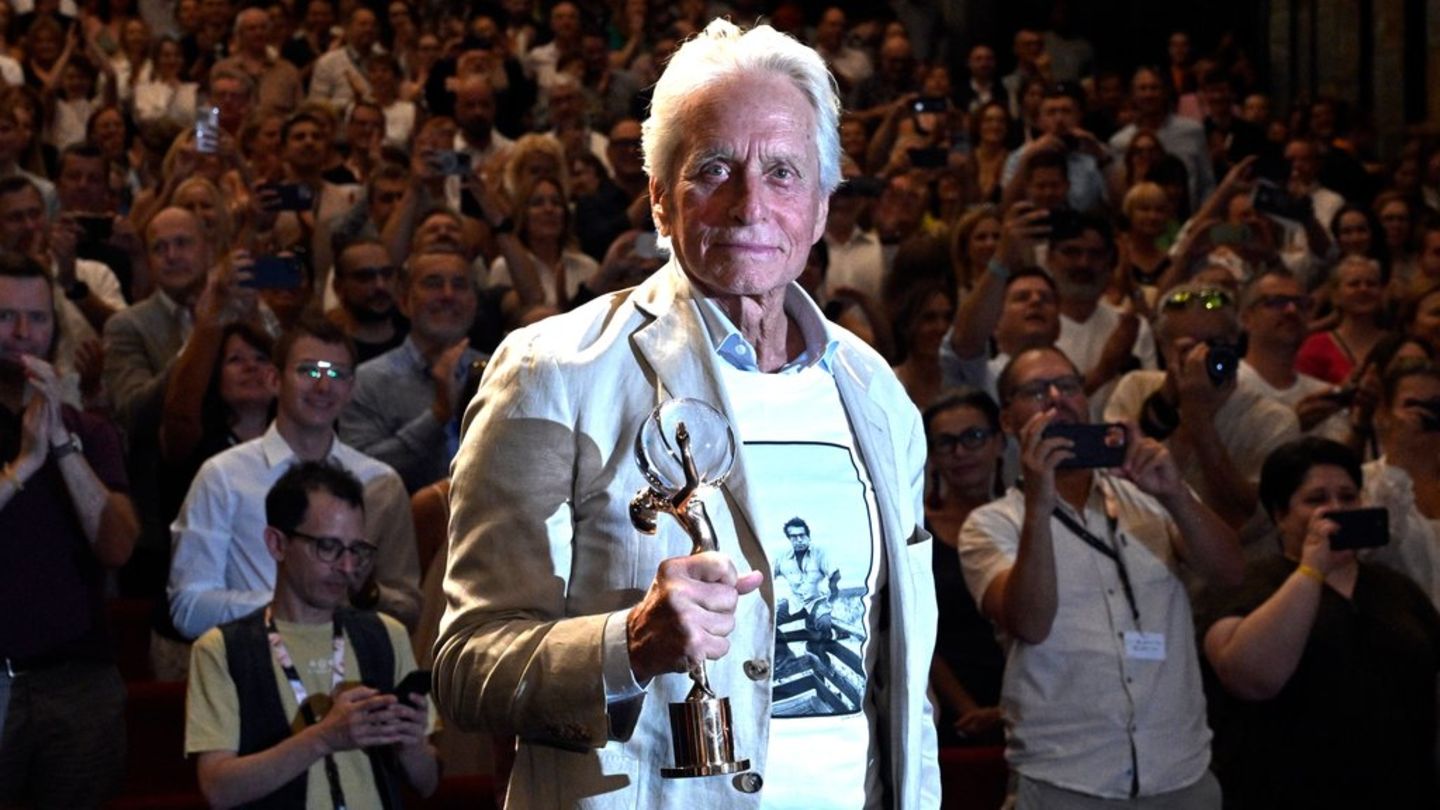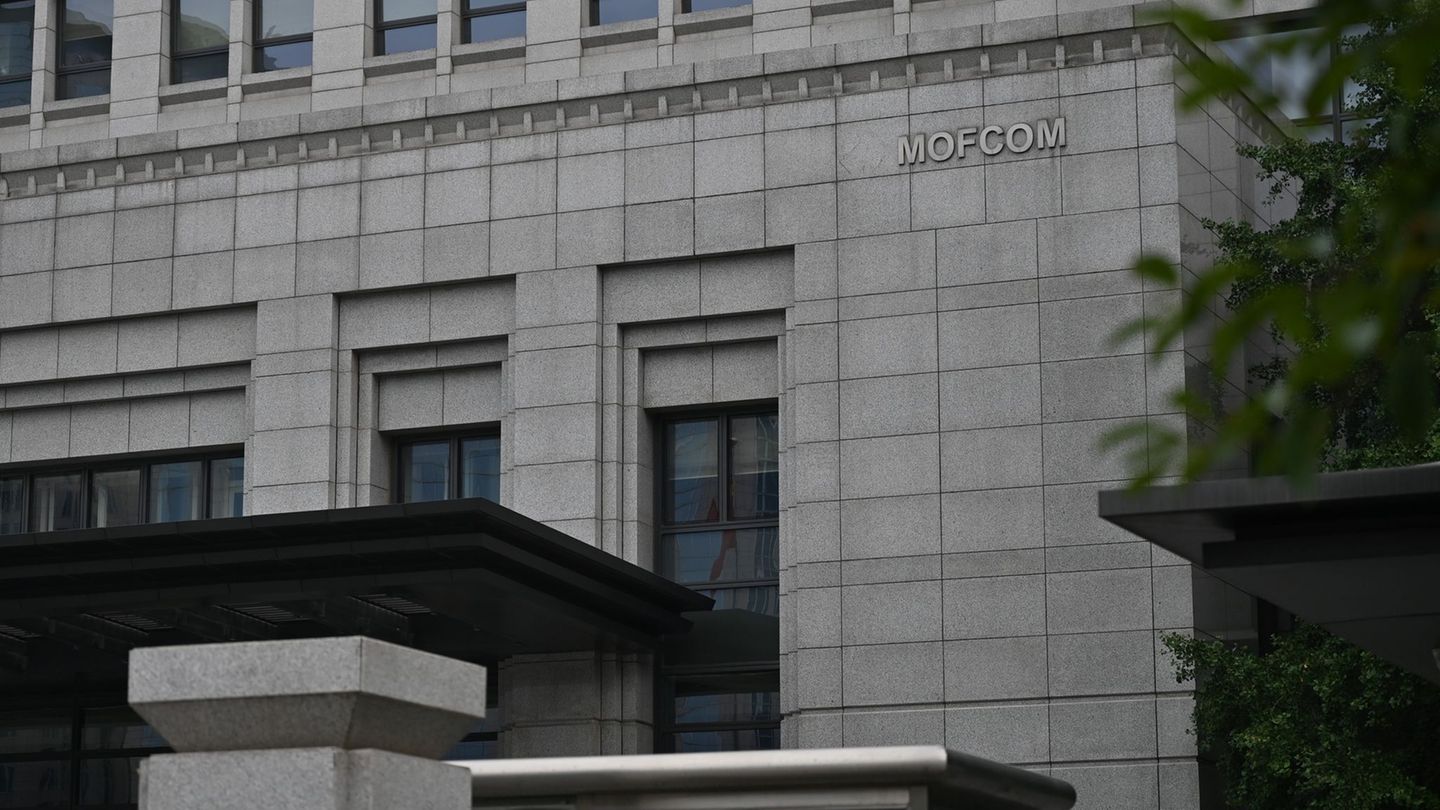US judiciary
Court: No punishment for Trump – but guilty verdict remains
Copy the current link
Trump tried with all his might to prevent the punishment in the hush money trial from being announced shortly before he took office – without success. There are no reprisals, but there is a big flaw.
US President-elect Donald Trump escapes without punishment in the New York hush money trial. However, the guilty verdict against the 78-year-old remains. Trump will move into the White House on January 20th as a convicted felon. He had tried with all his might to avoid entering office with this flaw. The Republican does not want to accept the guilty verdict and immediately announced that he would appeal it.
An unusual outcome
When handing down the sentence in the trial, Judge Juan Merchan – as previously announced – imposed an “unconditional discharge” against Trump. This rarely used form of sentencing does not entail any further criminal consequences such as a prison sentence or a fine, but it does establish legal guilt – in accordance with the jury’s guilty verdict a few months ago.
Judge Merchan said that after much consideration he had concluded that this was the only option in this case. “This was a truly extraordinary case.” Never before had the court been confronted with “such unique and extraordinary circumstances.”
It was the first time in United States history that a former president was convicted of a crime. The trial was about the illegal concealment of $130,000 in hush money that Trump had paid to the porn actress Stormy Daniels – according to the court’s conviction, with the aim of gaining advantages in the 2016 election campaign. Jurors in New York found Trump guilty of 34 counts at the end of May 2024.
Trump: Trial was ‘very terrible experience’
Trump and his defense attorney Todd Blanche only attended the sentencing via video. He again described the process as a “witch hunt.” Trump said he was “completely innocent” and treated “very unfairly.” “It was a very terrible experience.” Defense attorney Blanche spoke of a “sad day for the country.”
This punishment, which is rarely used, is unlikely to have a direct impact on Trump’s presidency; it is more of a symbolic nature. However, Trump tried with all his might to avert this step at the last minute – probably out of concern for his public image. For the first time in US history, a convicted criminal is promoted to the highest state office.
Normally, convicted criminals in the USA have numerous restrictions, for example when traveling or purchasing weapons. It was not initially clear whether and how these could also affect Trump. As president, many legal experts believe Trump will be largely spared these restrictions.
Trump’s legal resistance
Until recently, Trump’s lawyers had tried in various ways to avert the sentence. After unsuccessful appeals at lower courts, they ultimately submitted an urgent application to the Supreme Court, which the highest US court rejected on the evening before the sentence was announced.
The Republican’s defense attorneys had previously requested that the guilty verdict be overturned. However, a formal appeal procedure is only possible after the sentence has been announced.
Trump immediately announced that he would address this. He wrote on the platform he co-founded, Truth Social, that he would appeal the “hoax” and restore Americans’ trust in the justice system. The fact that an “unconditional discharge” had been imposed on him showed once again that the case had no substance, he argued. The “real jurors, the American people,” had spoken and elected him president again.
Immune from prosecution or not?
Trump considers the proceedings against him to be unlawful and is citing, among other things, a Supreme Court decision according to which US presidents enjoy extensive immunity for actions in office. However, the New York judge declared in December that the decision did not apply in the present case because the disputed hush money payments were made before Trump’s first presidency from 2017 to 2021. Furthermore, these were acts as a private citizen.
The Supreme Court had also decided at the time that official acts of US presidents could not be used as evidence in criminal proceedings. This is likely to become an issue at the latest in an appeal process that could end up before the Supreme Court again.
Trump shifted the majority on the Supreme Court far to the right during his first term. Only three of the nine judges are now assigned to the liberal camp. In this configuration, the court has often ruled in Trump’s favor.
After taking office as president, Trump cannot pardon himself. In the case of a conviction at the state level, as in this case in New York, such a decision lies in the hands of the respective governor.
The other cases against Trump
Trump was also indicted in three other criminal cases – on various charges. However, two federal trials against him were dropped after his election victory. In these cases, the public prosecutor’s office argued that the Justice Department’s practice was not to investigate sitting presidents. A third trial against Trump in the state of Georgia is largely paralyzed due to legal maneuvers and could collapse completely after the responsible prosecutor leaves. Trump’s lawyers did everything they could to torpedo all proceedings from the start.
dpa
Source: Stern
I have been working in the news industry for over 6 years, first as a reporter and now as an editor. I have covered politics extensively, and my work has appeared in major newspapers and online news outlets around the world. In addition to my writing, I also contribute regularly to 24 Hours World.




